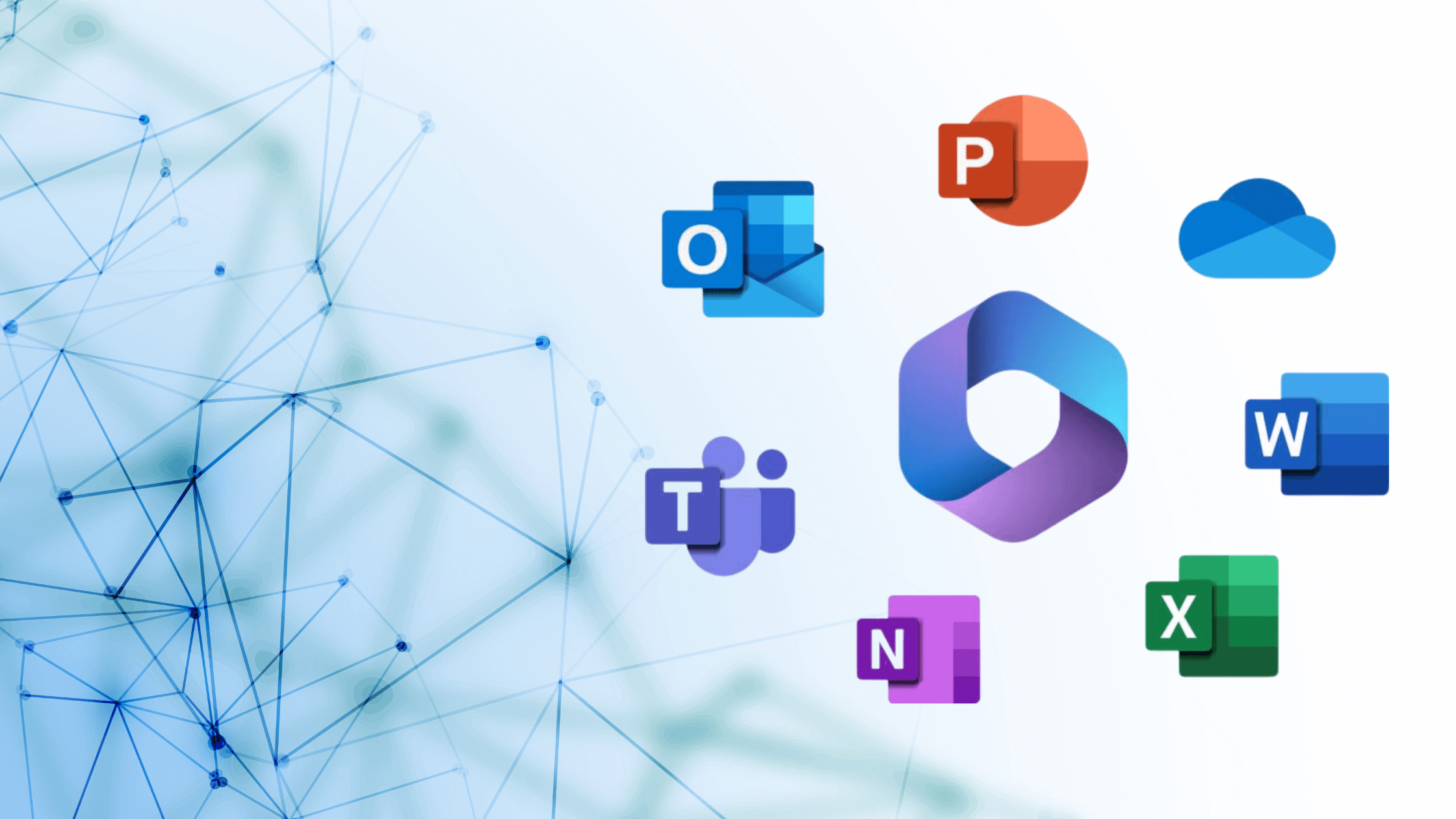AWS vs Azure: Key Differences to Know – A Cloud Services Comparison
When it comes to selecting a cloud provider for your business, there are many options to choose from. Two of the most popular are Microsoft Azure and Amazon Web Services, or AWS. In recent years, the two have become quite competitive and are very similar in their service offerings. As a result, the debate of AWS vs Azure depends largely on your business needs and personal preferences.
In our opinion, below are the key differences in the head-to-head battle of AWS vs Azure.
-
User Interface
For businesses whose employees are used to Microsoft products, Azure offers a seamless transition into the cloud space. The interface is user-friendly, and staff can usually easily pick up the software with no formal IT training. Existing Microsoft services, such as Active Directory and Identity Management, can also be easily integrated with Microsoft Azure. This gives employees a consistent experience across on-premise and cloud products. Because Azure and AWS are so similar, this is often the determining factor for our clients who choose Microsoft Azure as their cloud provider.
-
Cost of Services
Microsoft Azure is generally less expensive than AWS for similar services. For example, according to the Azure website, AWS is five times more expensive than Azure for Windows and SQL Server. For services that are more expensive on Azure, Microsoft will also price match AWS. The price structure for support – which generally is not needed when working with a managed service provider – is also slightly different. Where Azure charges a flat monthly fee for product support, AWS charges based on a percent of monthly usage.
-
Integrations and Open Source
For businesses running Linux servers – such as web developers, news outlets and analytics companies – AWS may be the better option because the platform is more Linux friendly than Microsoft Azure. Microsoft has improved integration with Linux servers in the last several years however, AWS is still superior. AWS also has a better relationship with the open source community, which is important for some businesses.
As you can see, there are very few differences when comparing AWS vs Microsoft Azure. Both tools are a great option for businesses in need of cloud computing power and both have a laundry list of services to meet business needs. This ranges from storage and networking to blockchain and the Internet of Things.
Cloud servers are easily scalable, require no maintenance from internal IT staff and provide hefty computing power at a fraction of the price of on-premise servers. For more insight, read our blog on choosing the best server environment for your large or small business.





